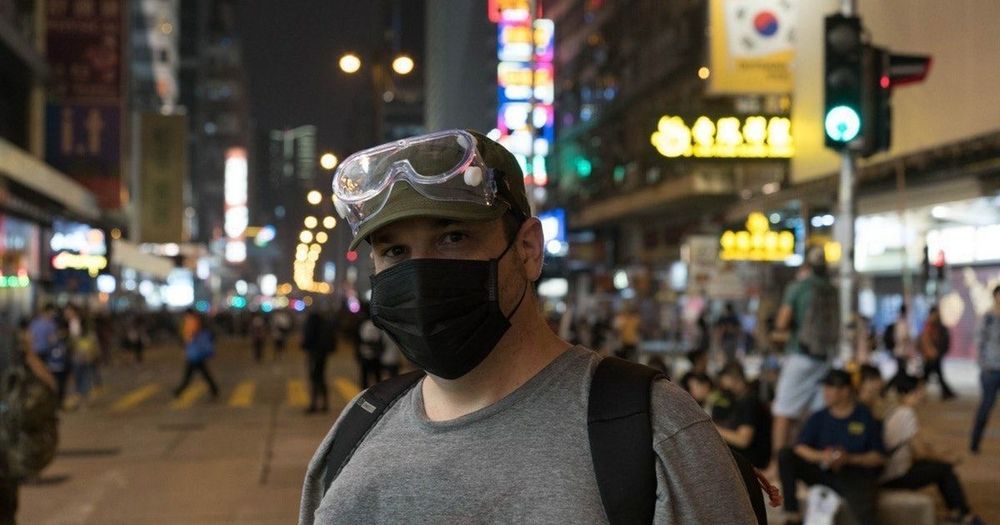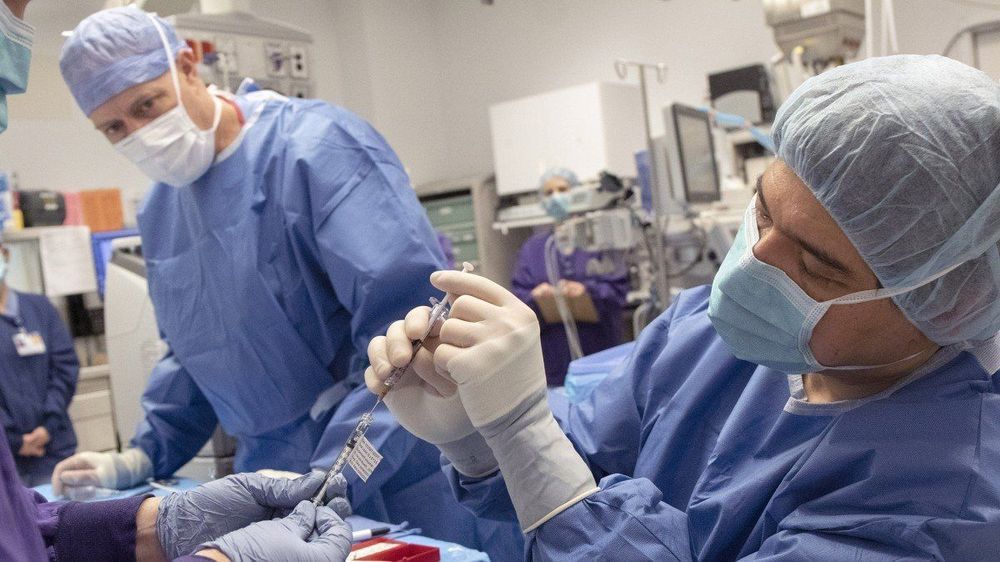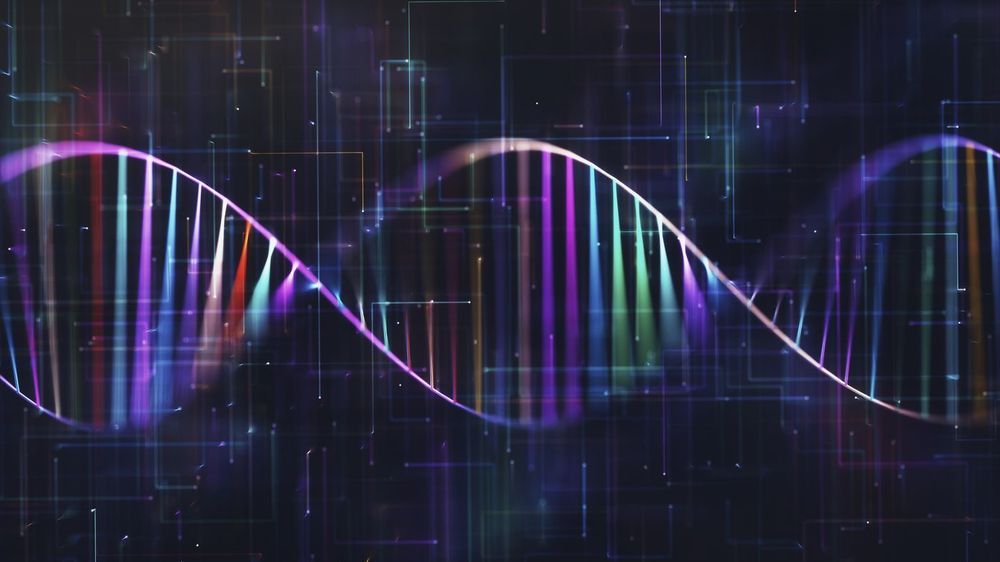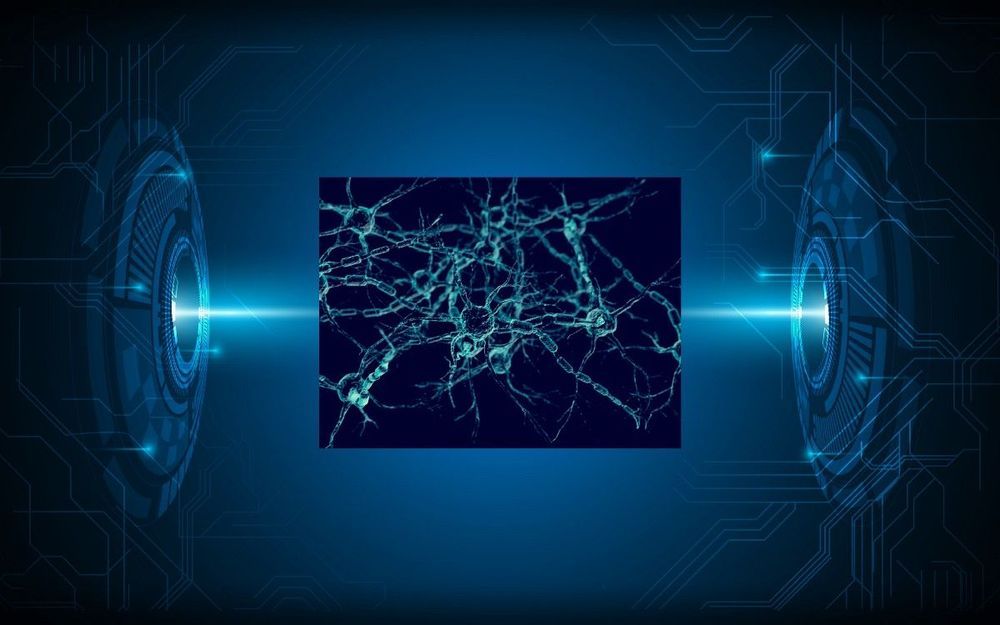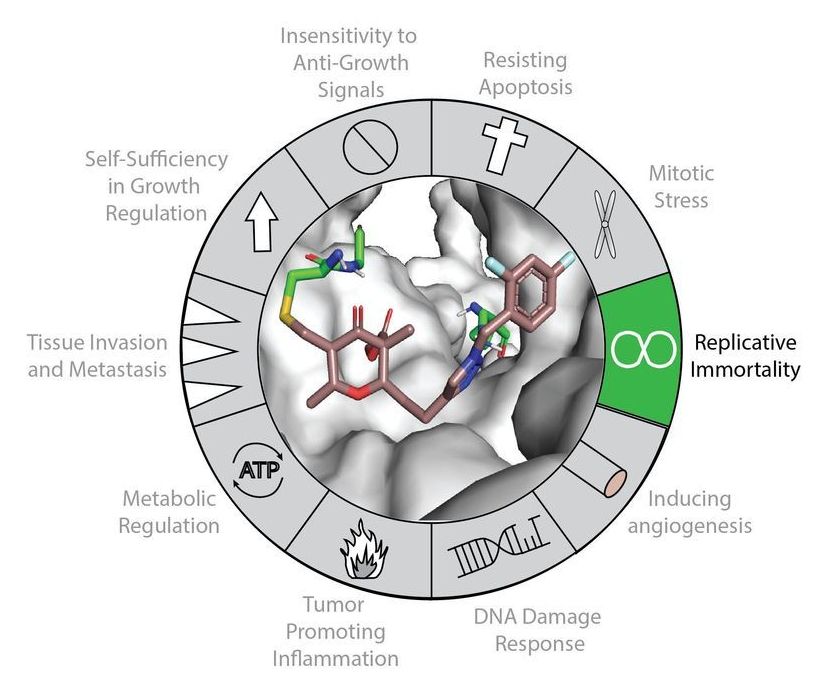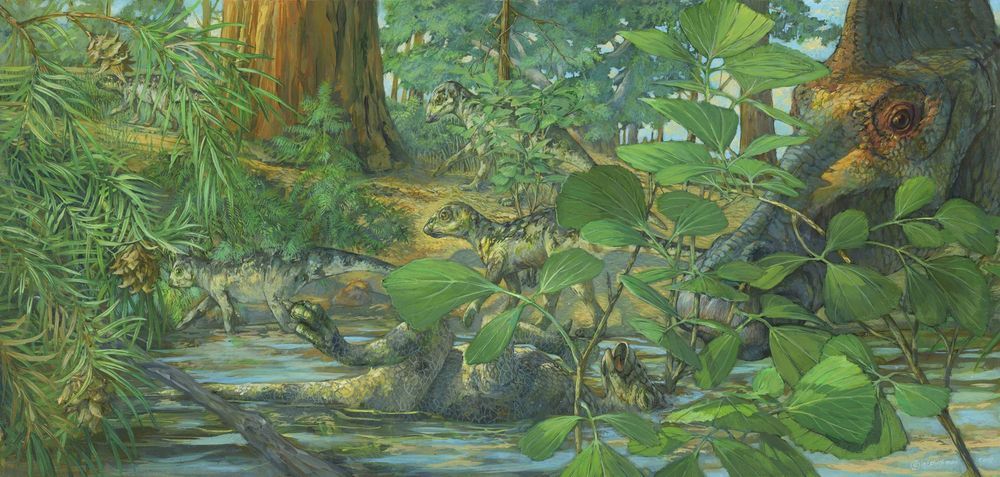Is it so outlandish to believe that countries in the future might resort to military force to prevent other countries from altering the shared genetic code of humanity? Many countries have been invaded for far less.
The genetics revolution that will transform our health care, the way we make babies, the nature of the babies we make, and ultimately our evolutionary trajectory as a species has already begun. Just like parents in many places will need to make tough choices about whether, if at all, to genetically engineer their children, states will be forced to make monumental collective decisions on these issues with potentially fateful consequences.
Imagine you are the leader of a society that has chosen to opt out of the genetic arms race by banning embryo selection and the genetic alteration of human sperm, eggs, and embryos. Because your country is progressive enough to make a collective decision like this, parents desiring these services are free to go elsewhere to get what they want. But preventing the genetic alteration of your population by definition requires both restricting genetic enhancement at home and enhanced people or expectant mothers carrying genetically altered embryos from entering your country.
To protect the genetic integrity of your populations and keep genetically enhanced people out, you would need to perform genetic tests on all people entering the country. But there would likely be no way of knowing whether a person had been genetically enhanced without knowledge of their genetic baseline—their genome prior to any changes. For those few people for whom genetic information from the moment a few days after their conception is available, their former and current genetics could be compared. Everyone not able to provide baseline genetic information might be banned from entering the country or threatened with long jail terms for procreating with a citizen of it.
